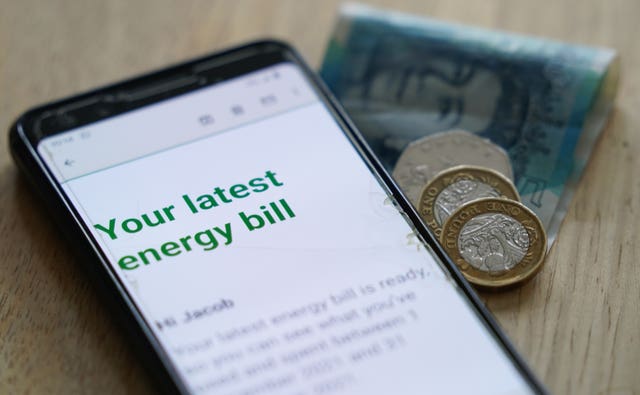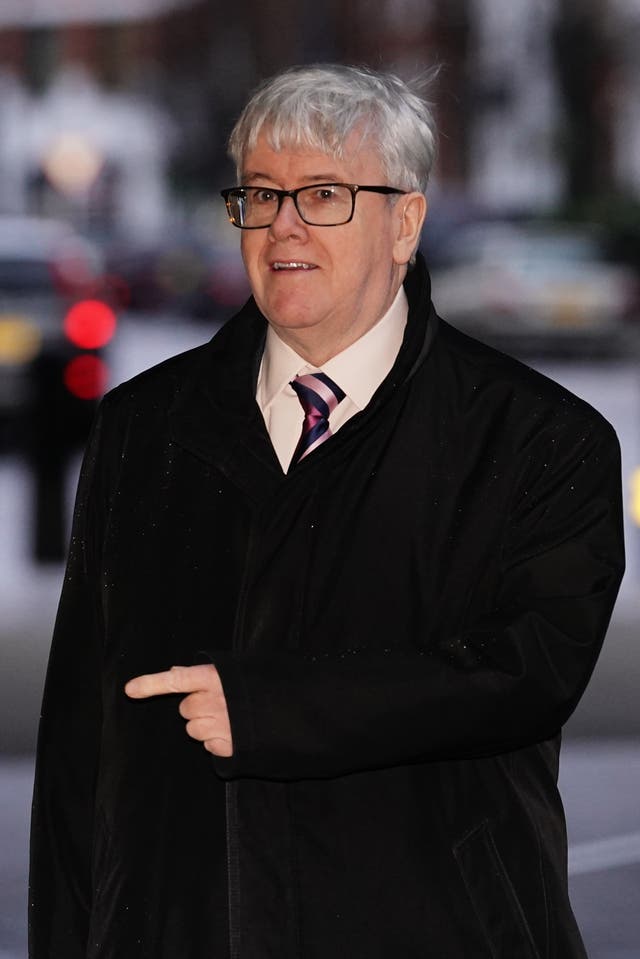
Matt Frei 10am - 12pm
10 May 2022, 10:24

John Allan’s remarks come ahead of the Queen’s speech and after BP and Shell reported bumper profits as household energy prices skyrocket.
The chairman of Tesco has said there is an “overwhelming need” for a windfall tax on energy companies after seeing the supermarket’s customers “extremely stretched”.
John Allan made the comment to BBC Radio 4’s Today programme ahead of the Queen’s speech on Tuesday.
Asked about what he wanted to see from the speech at the opening of Parliament, he said: “First of all, I think action to help people cope with a very, very sharp increase in energy prices.

“It’s harder for people to mitigate energy than it is with food, and I think there’s an overwhelming case for a windfall tax on profits from those energy producers fed back to those most in need of help with energy prices.
“I think that would be the single biggest thing that could be done.”
His remarks come after BP and Shell reported bumper profits earlier this year as energy prices skyrocketed when the cap was increased by 54% for the average household, putting extra pressure on consumers.
BP reported that underlying replacement cost profits – its preferred measure – had more than doubled to 6.2 billion US dollars (£5 billion).

Mr Allan added that he thinks energy companies are “expecting” a windfall tax and doubts “they would actually be much fazed by it”.
He said he has recently seen Tesco customers asking checkout staff to stop scanning items once their bill had reached a certain threshold.
“So I think a lot of people are feeling, you know, something of a pinch and lots of people are actually feeling extremely stretched,” he added.
Policing minister Kit Malthouse told the Today programme such a windfall tax could have an effect on companies’ investment in energy infrastructure.
He said: “On that we have to balance the tax that we raised from the energy companies, and don’t forget they already pay double the corporation tax than others do, against our need for them to invest in our domestic energy system.”
The Prime Minister previously said it was “frankly better for them to take that cash” and invest it in projects which could have a positive effect on long-term energy security.
However, when asked about a possible windfall tax being levied on BP’s profits, the company’s chief executive Bernard Looney previously told the Times that he would nevertheless continue with plans to invest £18 billion in Britain this decade.
Shell’s Ben van Beurden said his company had a “very strong commitment to investing in the UK”, and plans to spend between £20 billion and £25 billion over the next 10 years.
“But I should also say that, if you talk about these types of investment levels, they do require a stable and predictable financial outlook, it does require stability of policy and everything else,” he added.